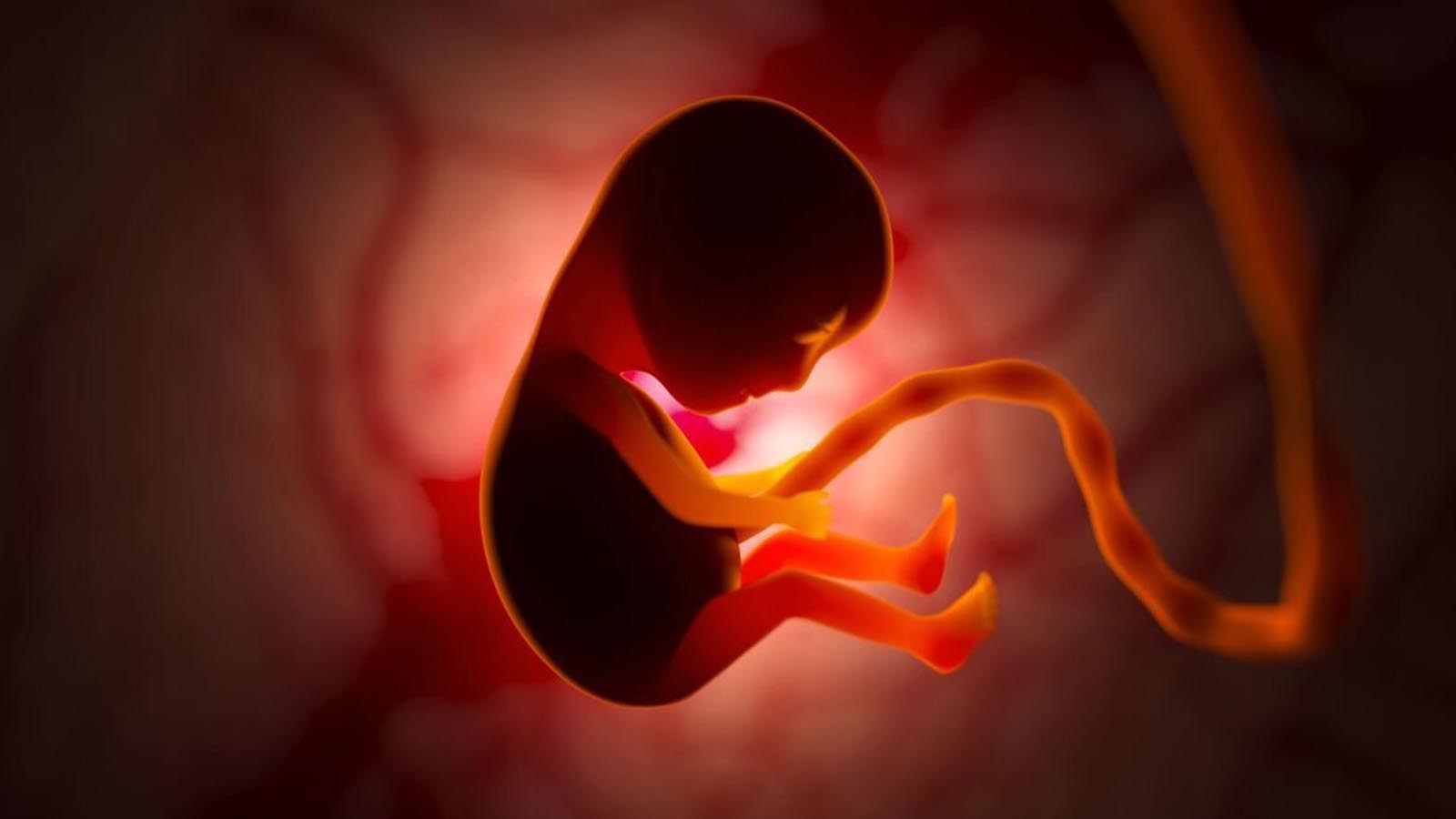In a search for novel forms of longevity medicine, a biotech company based in Israel says it intends to create embryo-stage versions of people in order to harvest tissues for use in transplant treatments.
The company, Renewal Bio, is pursuing recent advances in stem-cell technology and artificial wombs demonstrated by Jacob Hanna, a biologist at the Weizmann Institute of Science in Rehovot. Earlier this week, Hanna showed that starting with mouse stem cells, his lab could form highly realistic-looking mouse embryos and keep them growing in a mechanical womb for several days until they developed beating hearts, flowing blood, and cranial folds.
It’s the first time such an advanced embryo has been mimicked without sperm, eggs, or even a uterus. Hanna’s report was published in the journal Cell on Monday.
“This experiment has huge implications,” says Bernard Siegel, a patient advocate and founder of the World Stem Cell Summit. “One wonders what mammal could be next in line.”
The answer is humans. Hanna tells MIT Technology Review he is already working to replicate the technology starting with human cells and hopes to eventually produce artificial models of human embryos that are the equivalent of a 40- to 50-day-old pregnancy. At that stage basic organs are formed, as well as tiny limbs and fingers.
“We view the embryo as the best 3D bio printer,” says Hanna. “It’s the best entity to make organs and proper tissue.”
Researchers can already print or grow simple tissues, like cartilage or bone, but making more complex cell types and organs has proved difficult. An embryo, however, starts building the body naturally.
“The vision of the company is ‘Can we use these organized embryo entities that have early organs to get cells that can be used for transplantation?’ We view it as perhaps a universal starting point,” says Hanna.
Embryonic blood cells might be collected, multiplied, and transferred to an elderly person in order to reboot the immune system. Another concept is to grow embryonic copies of women with age-related infertility. Researchers could then collect the model embryo’s gonads, which could be further matured, either in the lab or via transplant into the woman’s body, to produce youthful eggs.
The startup, funded so far with seed capital from the venture firm NFX, has been briefing other investors, and its pitch materials state that its mission is “renewing humanity—making all of us young and healthy.”














This story line has been a common theme in Science Fiction writing for decades. If this becomes reality it will be one of the most immoral things human beings have ever done!
I hope God will strike them down